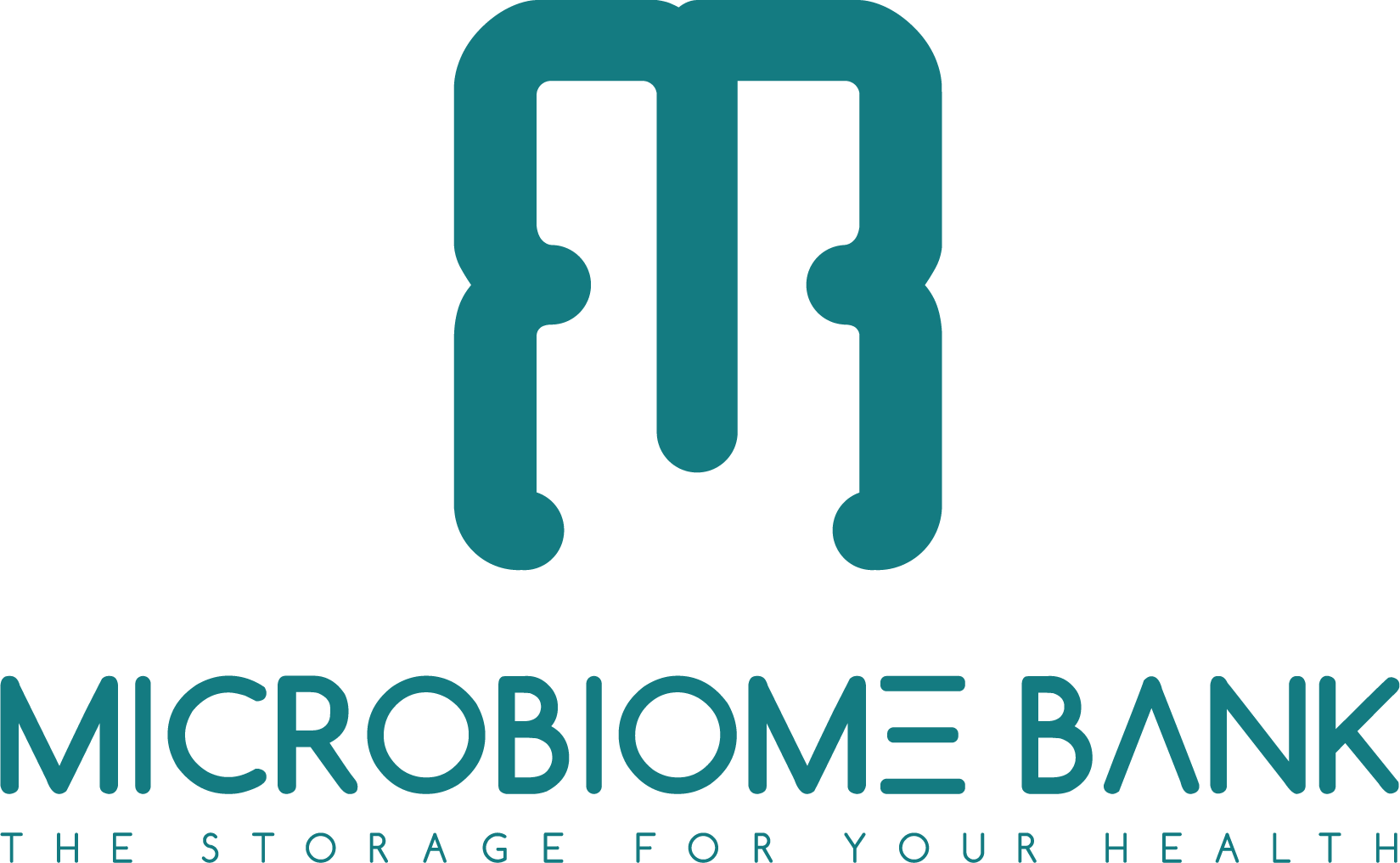C. difficile infection
and an effective way to combat it
with HospBiome and DiffBiome MTT capsules
info@MicroBiomeBank.com
+36 30 013 5000
MicroBiome Bank Ltd.
2 Brandon Road,
Braintree, Essex
England, CM7 2NL
MicroBiome Bank Kft.
1118 Budapest,
Ménesi út 104. II. ép. al.
with HospBiome and DiffBiome MTT capsules
The appearance and overgrowth of the toxin-producing variant of the bacterium Clostridioides (Clostridium) difficile (hereinafter: C. diff.) most commonly occur following prolonged antibiotic therapy, hospitalization, or conditions that weaken immune defense. Due to the disruption of the healthy microbiota balance, the bacterium spreads, causing fever, abdominal pain, vomiting, and diarrhea.
Treatment of Overgrowth is increasingly performed using Microbiota Transfer Therapy (MTT) due to rising antibiotic resistance and the need to restore microbiota balance. In cases of previously confirmed infection, treatment can begin immediately based on symptoms.
Our DiffBiome and HospBiome capsules offer an effective solution for treating C. diff. infections in both home and hospital settings. We provide expert guidance in selecting the most appropriate capsule treatment and in reducing the number of treatments required in hospital environments.
Please note that MicroBiome Bank does not sell a product but facilitates the connection between donors and recipients by providing professional medical services. We handle donor recruitment, screening, fecal testing and the processing of the screened donation into capsule form through qualified laboratories. The contents of the capsules remain the property of the donor, subject to the cost of medical services, until fully paid by the recipient. The brand names of the individual services are intended solely to make them easier to remember and to simplify the ordering process.
The following steps are essential for using our DiffBiome and HospBiome services, which are designed to effectively treat Clostridium difficile infection and the underlying dysbiosis caused by antibiotic misuse.
Please get in touch with us by filling out the form located at the bottom of the page! In response, we will send you the most important information and register you as an interested party.
The second step will be registration, which you can complete using the link sent to you by our system via email. Upon registration, you will receive an identifier in the format P0000000, which we will refer to in all future correspondence.
We will ask you to share your experience regarding your illness and previous treatments, as well as your expectations for FMT by completing a questionnaire.
As a next step, we will assess your current condition using the Symptom Importance Scale (SIS) and provide a recommendation for the appropriate treatment protocol. If any of our capsules may help improve your condition, we will grant you access by sending you the ordering link for the appropriate capsule.
The recommended capsules will be shipped to you via courier service within a maximum of 4 business days.
If your symptoms persist after 15 days, we offer the option of an online consultation to further personalize your treatment. Our exposome specialist will support you in overcoming dysbiosis through microbiome profiling that utilizes fluorocoding and optical mapping technology.
Clostridium difficile infection (CDI) poses a significant challenge in modern healthcare, requiring effective and cost-efficient treatment strategies. Below we aim to provide a comprehensive analysis of two primary treatment modalities: Microbiome Treatment Therapy by FMT and antibiotics. Traditional antibiotic therapy, while many times effective, has been linked to high recurrence rates, leading to the exploration of alternative treatments such as MTT.

(In accordance with applicable regulations, the capsules are provided as a service under code 869015 — Medical Laboratory Services, as defined by SCPA 2008.)
Microbiota Transfer Therapy (MTT) is currently the most effective method for treating recurrent Clostridioides difficile infection, capable of restoring natural functionality. When conducted according to professional guidelines and MTT regulations, the procedure is safe. The use of MTT reduces the likelihood of recurrent infections while also improving gut microbiota diversity as a beneficial side effect.
During the MTT treatment period, it is essential to ensure that the patient: - does not take antibiotics or probiotics; - consumes foods containing live bacteria (such as live-culture dairy products and lacto-fermented vegetables); - eats antibiotic- and antihelmint-free animal protein and avoids artificial sweeteners; - if seeking a stable and long-term solution, visits our farm, Cservölgy Major, which provides food sources for donors:

The success of the treatment depends on the concentration of bacteria used and the duration of the therapy. The required dose and duration are determined based on a comprehensive evaluation system. This evaluation test is based on the Symptom Importance Scale (SIS), a structured clinical scoring system developed to assess the severity of Clostridioides difficile infections. The SIS integrates 24 key variables, including patient-reported symptoms, laboratory findings, treatment history, and known risk factors. The system synthesizes data from four validated clinical models: Zar Score, ATLAS, Hines VA Severity Score, and the CARDS (Clostridium difficile Associated Risk of Death Score).
The test assigns weighted scores to each symptom and factor, reflecting their clinical relevance in predicting disease severity and mortality. Symptom domains include diarrhea frequency, fever, vomiting, dehydration, abdominal pain, weight loss, and functional impairment. Clinical findings such as white blood cell count, imaging results, and endoscopic signs are incorporated to capture systemic and local disease burden. Additionally, treatment history (e.g., vancomycin, fidaxomicin, FMT) is scored to identify treatment-resistant or recurrent CDI.
Risk factors such as age, diabetes, malignancy, cardiopulmonary disease, liver disease, and kidney injury are derived from the CARDS model, which has documented correlation with inpatient mortality. Each answer option corresponds to a pre-assigned score, and the total SIS score ranges from 0 to 100. Based on this cumulative score, patients are categorized into six severity groups: very mild, mild, moderate, severe, very severe, and critical.
The scale is calibrated to recommend corresponding interventions, ranging from home treatment with hydration to urgent hospitalization. Treatment pathways such as DiffBiome 30, DiffBiome+, and HospBiome 5 are mapped to severity ranges, supporting clinical decision-making. The scoring of symptoms (e.g., diarrhea or fever) is based on quantitative ranges informed by clinical guidelines and validated patient-reported outcome measures. Each symptom contributes proportionally to the final risk profile.
The methodology emphasizes precision, clarity, and triage suitability in both home and clinical settings. It enables rapid assessment without invasive procedures, while preserving alignment with evidence-based treatment protocols. Points are dynamically assigned using logic-based branching in Typeform or similar platforms. Scoring outcomes are displayed alongside actionable advice based on the SIS tier.
MicroBiome Bank recommends a hyperbolic-like treatment protocol tailored to severity: in acute or severe cases, a high-dose, high-density capsule regimen is initiated. As symptoms improve, both dosage and capsule density are gradually reduced, reflecting the decreasing burden of infection and inflammation. On the opposite end of the hyperbolic model, long-term, low-dose microbiota therapy is recommended to address dysbiosis — the root cause of many recurrent C. difficile infections. This approach is supported by strategies to identify and reduce harmful exposomes (dietary, pharmaceutical, environmental) that compromise microbial balance.
This evaluation tool is not intended to replace medical diagnosis or treatment. It is an informational resource, combining peer-reviewed scoring systems into a unified structure to aid clinical awareness and patient safety. All treatment decisions, including the use of microbiota-based therapies, must be carried out under the supervision of trained healthcare professionals. Misuse or misinterpretation of the tool outside professional contexts may lead to delayed or inappropriate care. By proceeding with this test, users acknowledge its advisory nature and accept responsibility for seeking appropriate medical consultation.
Most clinical studies have shown that after MTT administration, mild side effects (such as abdominal discomfort, diarrhea, constipation, and low-grade fever) may temporarily occur in certain cases. Rare and severe side effects were primarily associated with potential complications related to endoscopy and sedation. [1], [2]
[1] Fecal microbiota transplantation: review and update
[2] Fecal microbiota transplantation as novel therapy in gastroenterology: a systematic review

MicroBiome Bank, when providing the HospBiome and DiffBiome services, neither verifies nor intends to verify the authenticity of the provided identity and/or medical prescription. By placing an order, the customer acknowledges that the laboratory will perform the ordered service under the name provided by the customer, using a donor sample assigned with a laboratory-tested code. The processing is unique, and the final HospBiome and DiffBiome capsules are identifiable and traceable through an assigned code. By ordering HospBiome and DiffBiome capsules, the customer declares that the capsules, labeled "For Physician Use," will be administered under the supervision of their treating physician. Any effects resulting from intentional or unintentional miscommunication or the provision of false information are solely the responsibility of the customer.
In the future, we will use the assigned registration number for any procedures performed for you. Please provide a brief explanation in the "Message" section at the bottom of the Contact Form, detailing what issue you are seeking help for, who referred you, and which healthcare professional is supporting your decision to use our services.

